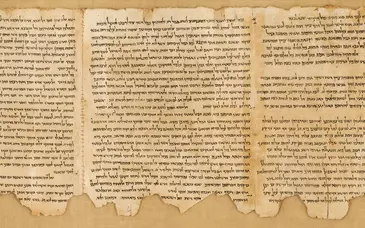Monotheistic religions stand as a cornerstone of human spiritual exploration, emphasizing the worship of a single, all-powerful deity. These religions, with their deep-rooted beliefs and diverse traditions, share a common thread that weaves throughout history and culture. Let's delve into the essence of monotheistic religions, their foundational principles, and their impact on societies around the world.
1. Common Belief in One God: At the heart of monotheistic religions is the unwavering belief in the existence of a singular, omnipotent God. This divine entity is often considered the creator of the universe, a guiding force, and the ultimate source of wisdom and justice.
2. Judaism: One of the oldest monotheistic religions, Judaism, finds its origins in ancient Israel. The Torah, comprising the first five books of the Bible, outlines the covenant between God and the Jewish people. Central to Judaism are concepts of ethical living, justice, and the pursuit of righteousness.
3. Christianity: Emerging from the teachings of Jesus Christ in the 1st century CE, Christianity places Jesus as the central figure and the embodiment of God's love and salvation. The Holy Trinity, comprising God the Father, Jesus the Son, and the Holy Spirit, is a unique concept within monotheistic belief systems.
4. Islam: Rooted in the teachings of the Prophet Muhammad in the 7th century CE, Islam centers around the Quran, believed to be the literal word of God. Muslims worship Allah, the Arabic term for God, and follow the Five Pillars of Islam, which encompass faith, prayer, charity, fasting, and pilgrimage.
5. Shared Ethical Principles: Monotheistic religions share a common ethical framework that includes values such as compassion, justice, honesty, and respect for fellow human beings. These principles guide adherents toward virtuous living and the betterment of society.
6. Impact on Civilization: Monotheistic religions have significantly shaped human history, from influencing art, architecture, and literature to inspiring social and political movements. They have fostered a sense of unity, community, and purpose among believers while contributing to the rich tapestry of global cultures.
Monotheistic religions exemplify humanity's spiritual quest for a divine connection. Despite their differences, these religions stand united in their devotion to a single, all-encompassing God. Their enduring impact on individuals, societies, and the world at large highlights their enduring significance throughout history and into the present day.

